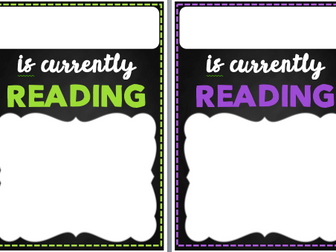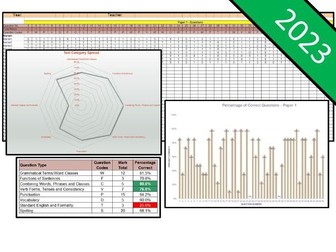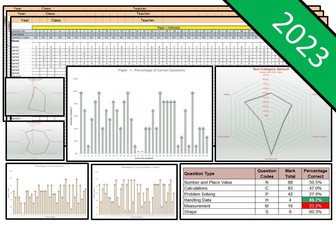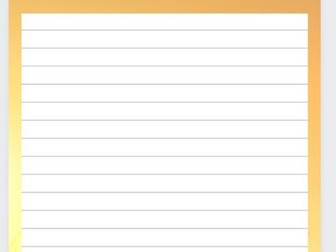
Dragons' Den Persuasive Project! (Building Speaking & Listening and Persuasive Writing Skills!)
This resource is perfect for enabling students to build both their persuasive writing and their speaking and listening skills. Based upon the popular BBC series 'Dragons' Den', students have the opportunity to research, design, pitch, and evaluate arguments for their own inventions, whilst simultaneously analysing persuasive pitches, revising persuasive techniques, structuring arguments and articulating convincingly.
Included is a 16 page booklet (I would say at least 4-5 hour lessons of tasks) that lead students to:
- Introduce themselves and their interests;
- Watch persuasive pitches (links included) and identify persuasive devices;
- Analyse why persuasive devices are effective;
- Structure an analysis appropriately;
- Brainstorm ideas for an invention using imagination and helpful aiding questions;
- Formulate an argument by considering key questions and counter arguments;
- Write and present a persuasive pitch;
- Peer-evaluate and self-evaluate persuasive pitches.
I have also provided some examples of news stories featuring the worst and best pitches from the den, in order to provoke discussion about what makes a strong pitch.
All images are licensed for commercial use and are cited throughout.









